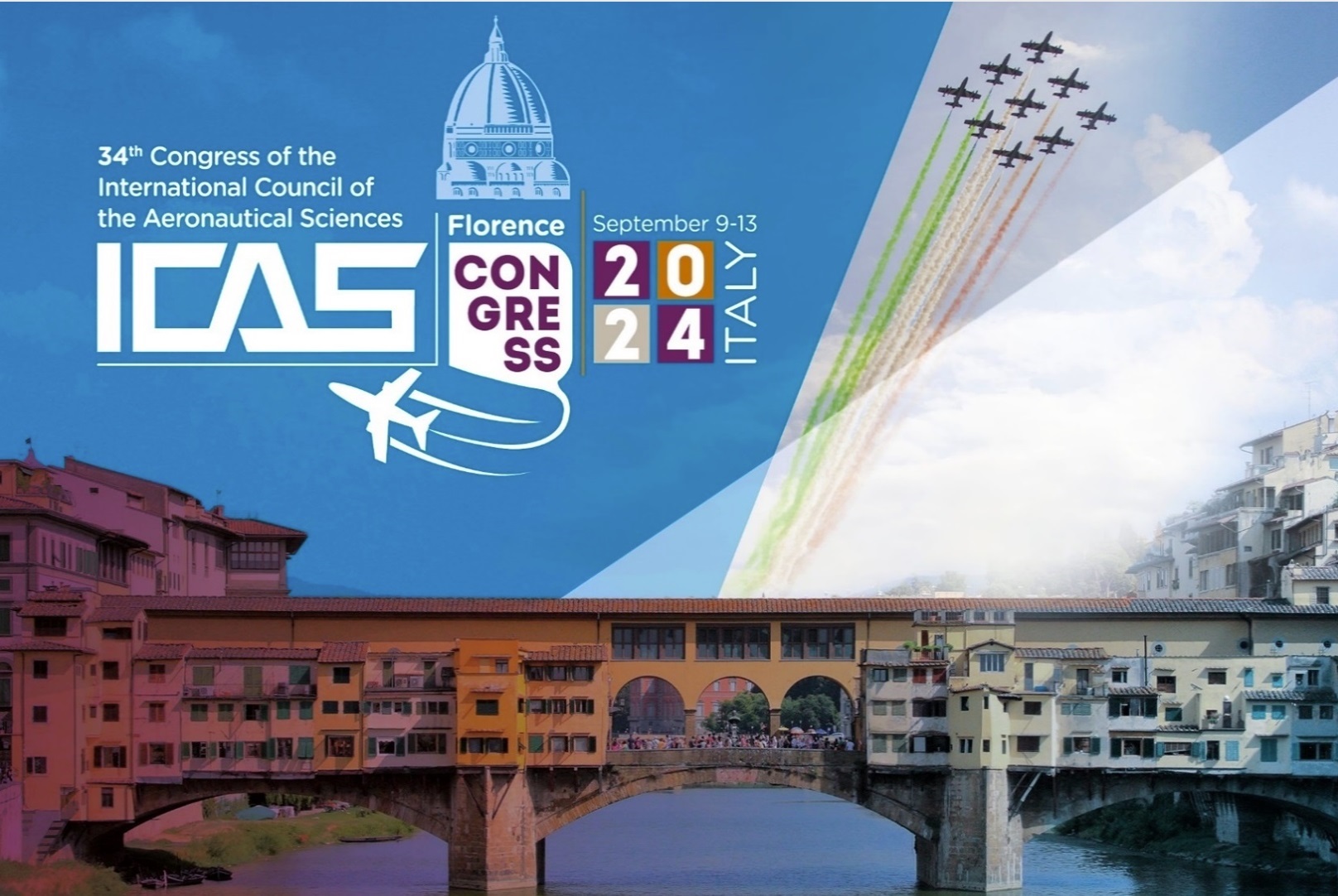The European Initiative for Collaboration in Aeronautics and Combat Systems (EICACS) has made significant strides with their active participation in two prestigious international conferences, showcasing groundbreaking research and promoting advancements in both machine learning and aerospace technologies.
ICML 2024: Innovations in Machine Learning
At the International Conference on Machine Learning (ICML 2024) held in Vienna, Austria, EICACS researchers presented their latest paper titled "Better Gradient Steps for Deep On-Policy Reinforcement Learning." This work highlights some mathematical issues at stake in deep reinforcement learning and is to be pursued in the AI illustrations carried out within EICACS.

ICAS 2024: Advancements in Aerospace Technology
Further demonstrating their wide-ranging expertise, the EICACS team also participated in the 34th Congress of the International Council of the Aeronautical Sciences (ICAS 2024), where they presented "In-Flight Vibration Signal Based Detection and Localization for UAV Propeller Anomalies Under Uncertainty via Machine Learning Type Methods." This work focuses on in-flight vibration-based detection and localization of propeller anomalies on a single UAV via machine learning-type methods and discusses their potential application within a collaborative fleet of UAVs.

Exclusive Interview with Mr. Konstantinos Grapsas, EICACS Project Officer
In addition to these technological showcases, we are thrilled to share an insightful interview with Mr. Konstantinos Grapsas, Project Manager of the Defence Development Programme for DG DEFIS C., on behalf of the European Commission. In this exclusive dialogue, Mr. Grapsas provides an in-depth look at the EICACS project and the European Defence Fund (EDF), discussing the strategic goals, operational insights, and the overarching vision of advancing European defence capabilities through innovative research and collaboration.


Co-funded by the European Union. Views and opinions expressed are however those of the author(s) only and do not necessarily reflect those of the European Union or the European Commission. Neither the European Union nor the granting authority can be held responsible for them.
